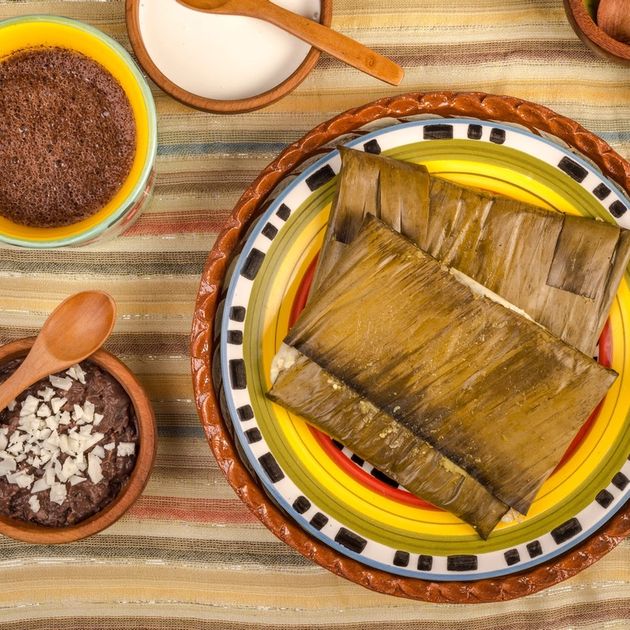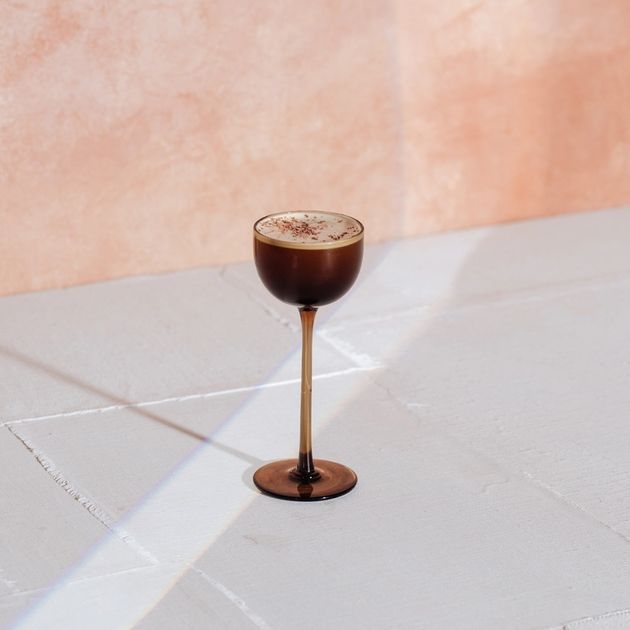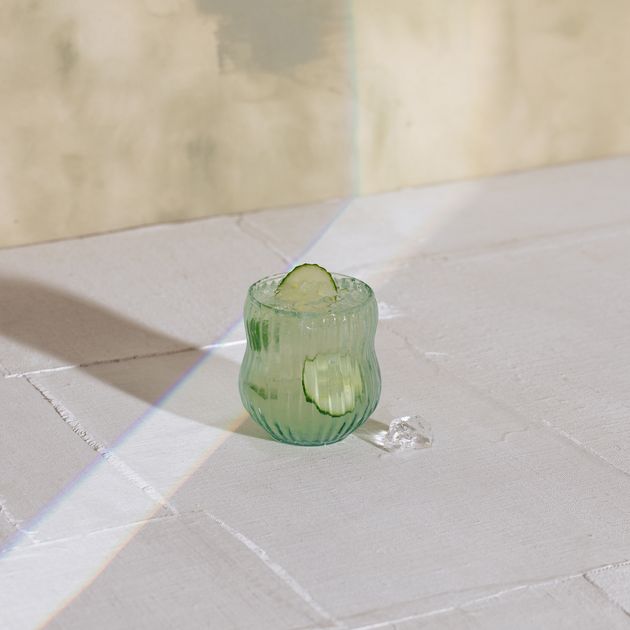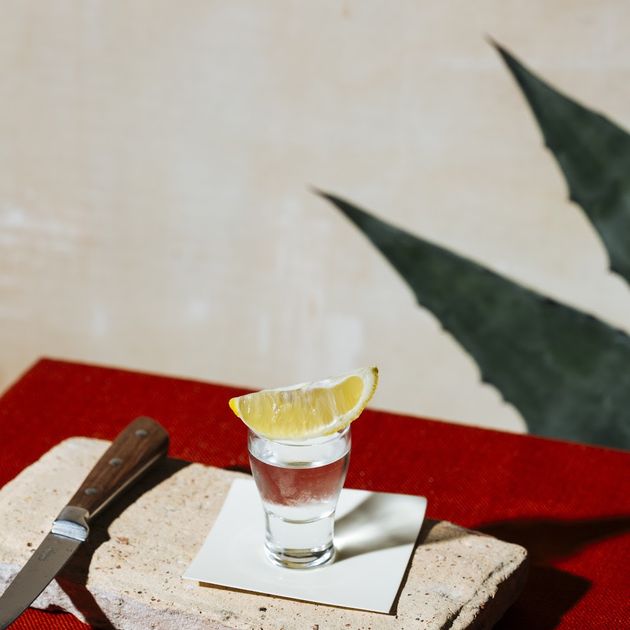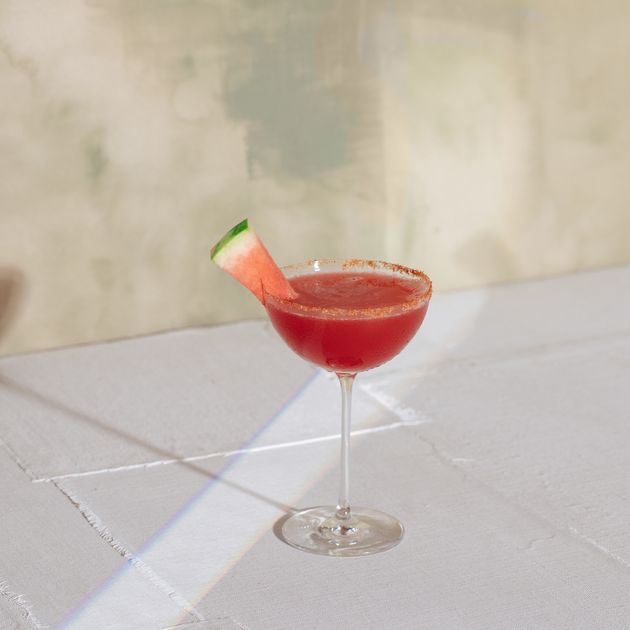What Is Mezcal Anyway?
Mezcal is a unique liquor made from the Maguey agave plant. The Nahuatl word "mexicali," which means "oven-cooked agave," gives it its namesake. To produce Mezcal, we start with the richest, juiciest portion of the plant, fittingly termed the piña because of its pineapple resemblance. The agave's maturation period is gradual, requiring around seven to ten years to ripen fully. That may seem like a long time, but spicy, flavorful Mezcal cannot be rushed.
How Long Has Mezcal Been Around?
Four centuries ago, when the Spanish conquistadors met the natives of Mexico, they imparted their knowledge of distillation to the natives. The natives then applied that knowledge to one of their traditional drinks. Eventually, it morphed into our fave alcohol ever: Mezcal.
Is It True That Mezcal Can Only Be Made in Mexico?
Ok, really good question. It all depends on your definition of Mezcal. Technically, the process of growing agave plants, harvesting them and then roasting, milling, fermenting, and distilling can take place anywhere in the world with a greenhouse and the right soil. But it won’t have the soul that we crave from a good Mezcal.
In order for a drink to be truly classified as Mezcal, it requires the approval of a regulatory body now known as the CRM. We talk more about the CRM below, but basically, they must give their seal of approval before you can call your drink a Mezcal.
How Is Mezcal Made?
The process for making Mezcal varies amongst different families and producers, though the main parts are always the same. Some places are known for making artesanal Mezcal, like Rosaluna, which means we adhere to traditional practices that have been handed down by our ancestors for generations. It gives our Mezcal a little extra something—almost like a secret sauce.
Farming
Our process is simple but unique. It all starts with growing young agave plants and caring for them with water and sunlight. We cleanse them manually as they develop, and we nourish them with pure Matatlán soil. Later, this unique soil provides our Mezcal with the rich, earthy flavors that set us apart.
Harvesting
When they're done maturing, we pick the agave and remove the leaves so that just the piña remains. Yum.
Roasting
After the agaves are gathered, we build a fire in the earth using pinewood planks, top it with rocks, and delicately arrange the agave on top. This procedure requires up to five days and lends a unique, one-of-a-kind flavor of roasted agave to Rosaluna.
Milling
Next comes the milling. The milling process is where we mash together the harvested parts and squeeze the juice out. We separate it from the pulp and get it ready for fermentation.
Fermenting
Fermentation is when the fun starts and the alcohol begins to gather. The process can take up to eight days, and in the end, we’re almost, but not quite, ready.
Distilling
Finally, we move on to the distillation process. We start by combining the processed agave juice with fiber in our double distillation method. This procedure isolates the water away from alcohol and concentrates it into our beautiful Mezcal.
Is Tequila a Type of Mezcal?
The easy answer is yes, tequila is a type of Mezcal. Think of the square and rectangle scenario: all squares are rectangles, but not all rectangles are squares. In this case, the squares are tequilas, and the rectangles are Mezcals.
However, there are plenty of differences between the two drinks. Tequilas are typically made in different regions than Mezcals, and the process, as well as the ingredients, tend to differ. But the good news is that if you’re a tequila fan, you’re probably going to be a Mezcal lover, too.
What Is the Denomination of Origin?
Now, back to what makes Mezcal, well, Mezcal. The Denomination of Origin is a set of regulations that governs the production of Mezcal and how it can be labeled for selling. For a seller to put the label Mezcal on their bottles, they need to obtain a certification for their products by showing inspectors what ingredients they use, the production process, and what the final product looks (and tastes) like.
So Why Does Mezcal Have to Be Certified?
We’re all about the real deal. The point of the certification process is to determine who can claim to produce Mezcal. This is based on the set of rules that people must follow in order to earn their certification. By putting these rules in place, the Mexican government can pick and choose between producers and only give an official certification if the producer is following all of their rules and producing high-quality Mezcal.
As you can see, many rules govern how Mezcal is made. Some producers enjoy keeping traditional practices alive by incorporating them into the rules and making everyone follow in their ancestors’ footsteps.
Wait, WTF Is COMERCAM?
COMERCAM, which recently changed its name to Consejo Regulador del Mezcal or CRM, is a regulatory body that monitors the production of Mezcal. It’s an off-shoot of CRT, which regulates tequila. They provide certifications for Mezcal producers based on their ingredients and methods of production. They’re the Mezcal godfather, so to speak—they make the rules.
Can Mezcal Be Sustainable?
A “green process” is important to many Mezcal lovers. However, producing Mezcal the wrong way can produce a lot of waste. Luckily, sustainable producers (like us) are finding innovative ways to recycle waste products or dispose of them in a way that doesn’t harm the environment.
Some producers grow their own agave to protect the wild agave populations. Other producers use biofuel instead of wood to prevent deforestation. Everyone is getting creative when it comes to making the Mezcal process as sustainable as possible.
The Rosaluna Way
Here at Rosaluna, we pride ourselves on producing high-quality, certified Mezcal. We obey regulations to maintain our certifications and follow the ancient traditions to bring you an authentic drink we know you’ll love.
Sources:
The History of Mezcal - Drink | The Daily Meal
What's the Difference Between Tequila and Mezcal? | Food & Wine

